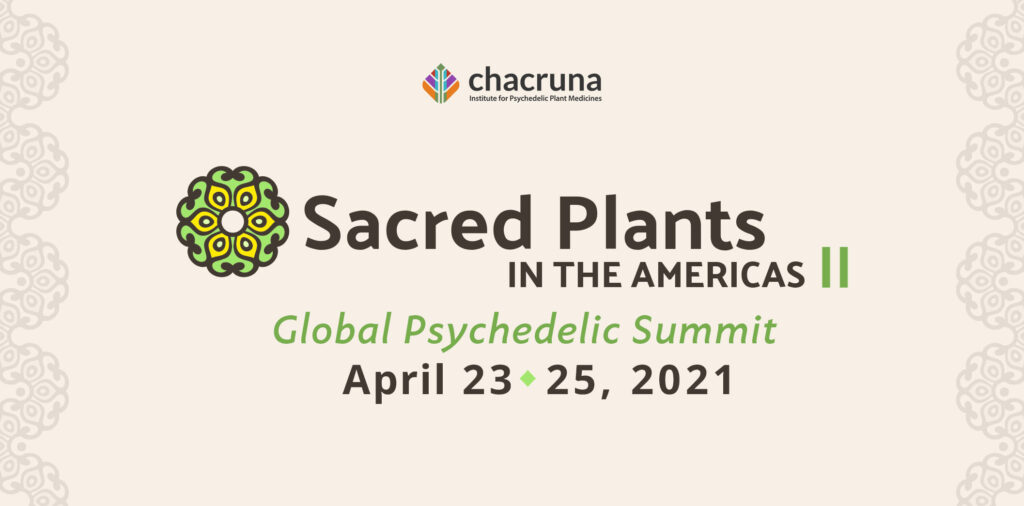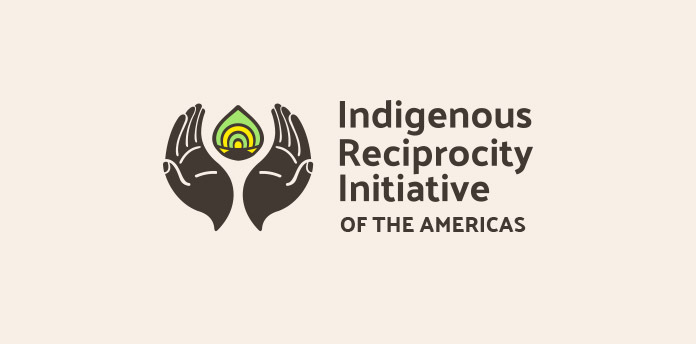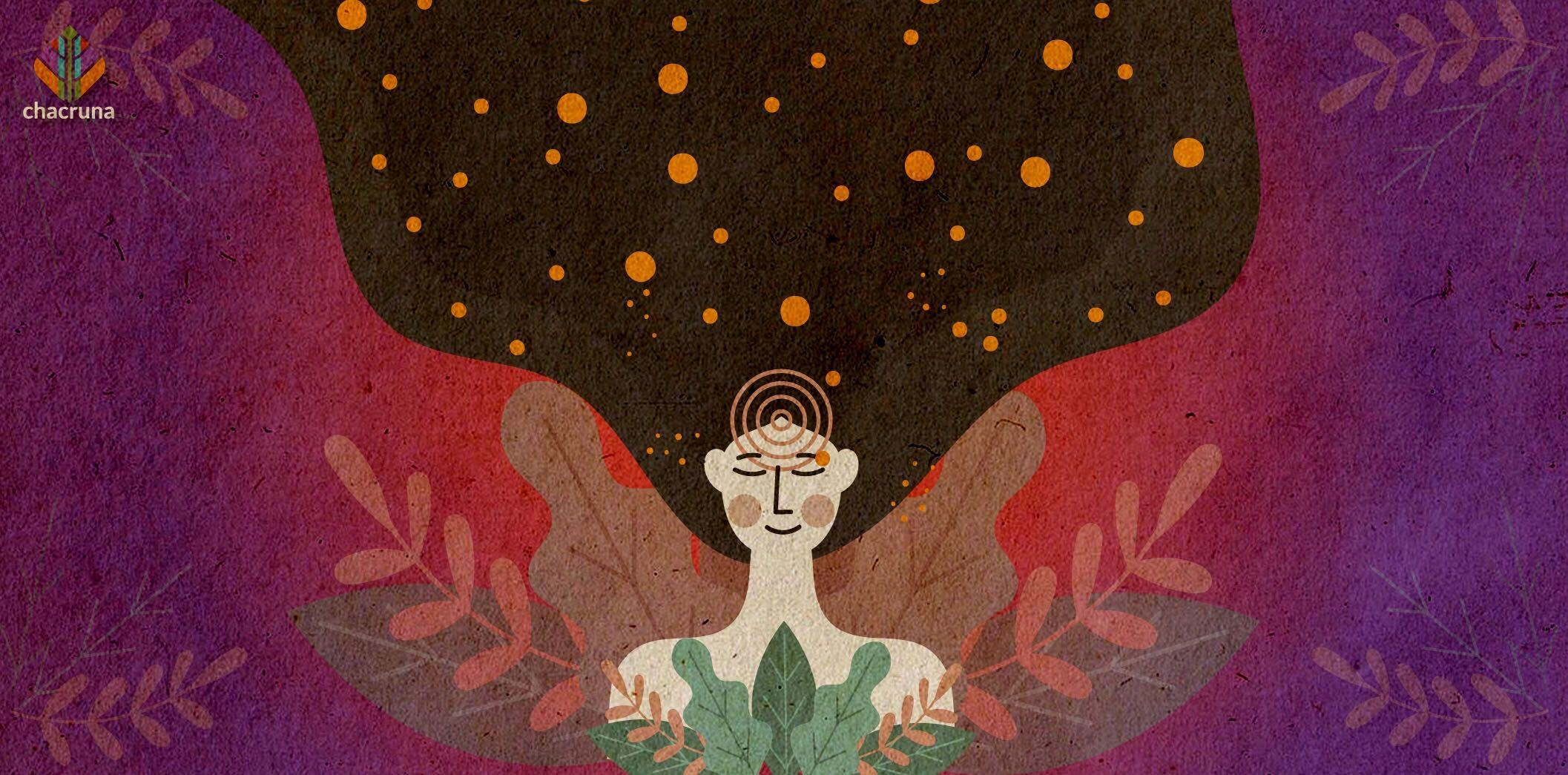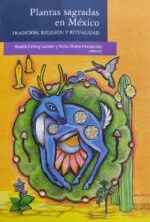- Ayahuasca, Severe Illnesses, and the Mystery of Death - January 22, 2021
When a severe illness affects us, we might come across with several existential questions, for instance: “How will this affect my life?,” “Will I suffer?,” “Will I die?” When dealing with these questions, some people will struggle to manage the emotional impact from the diagnosis, resulting in the development of clinical conditions such as anxiety and depression. Could the ritual use of ayahuasca bring benefits and help these people to better deal with their illnesses? This was the central question which I developed during my doctoral studies, and the results were recently published in the Journal of Psychoactive Drugs (Maia, Daldegan-Bueno & Tófoli, 2020).
The Origin and Objectives of the Study
I have been interested in the subject of death for some time. This started when I read The Tibetan Book of Living and Dying by Sogyal Rinpoche, precisely 10 years ago. At around the same time, I started to get closer to the ritual use of ayahuasca, taking part in shamanic ceremonies with a Colombian healer in São Paulo, where I was living by that time. I was doing my master’s degree in psychopharmacology at São Paulo Federal University and was particularly interested in psychoactive plants and substances. Over this period, I got in touch with the first studies about the use of psychedelics for treating anxiety and depression in advanced cancer patients conducted in the US during the 60s and 70s, showing promising results (Reiche et al., 2018). I was fascinated by them because they combined two subjects that personally and scientifically instigated me: death and psychedelics.

Join us at Sacred Plants in the Americas II
Years later, in 2017, as a doctoral student in mental health at the University of Campinas, I decided to research ayahuasca’s therapeutic potential for people with severe illnesses. At that time, preliminary studies indicated the therapeutic effects of ayahuasca in the mental health field, and some specific works suggested psychological benefits for cancer patients and other physical illnesses. However, not much was known about the psychological processes these results involved.
It is known that the diagnosis of severe disease may cause psychological reactions that trigger negative feelings and emotion (e.g., anxiety, fear, anger, sadness, despair, and hopelessness), adding more suffering to the physical symptoms and jeopardizing the treatment
In light of this, the central question that occurred to me was: how—is, in what way, by which processes—do the therapeutic effects of ayahuasca described by people with severe illnesses operate? Although the nature of the diseases I studied was of physical order, I was interested in exploring the subjective experiences they provoke. It is known that the diagnosis of severe disease may cause psychological reactions that trigger negative feelings and emotion (e.g., anxiety, fear, anger, sadness, despair, and hopelessness), adding more suffering to the physical symptoms and jeopardizing the treatment (Mitchell et al., 2011). So, having in mind the previous research, I developed a study seeking to investigate how the ayahuasca experience may improve mental health conditions and influence the way people with severe illnesses understand and relate to their illnesses.
The Way the Study Was Conducted
Along with my advisor, professor Luís Fernando Tófoli, I elaborated a qualitative research project, intending to interview people who had been to ayahuasca rituals during the treatment of a severe physical illness—acute, prolonged, or chronic conditions that are considered to be life-threatening, or with a risk of severe residual disability—and had perceived positive psychological impacts. In order to find the right volunteers, we spread the word about it on social media and to several ayahuasca groups all over Brazil.
Fourteen subjects were selected: seven women and seven men, between 24 and 61 years old, with different illnesses, such as cancer, HIV, multiple sclerosis, rheumatoid arthritis, and others.
Fourteen subjects were selected: seven women and seven men, between 24 and 61 years old, with different illnesses, such as cancer, HIV, multiple sclerosis, rheumatoid arthritis, and others. Half of the subjects had already had ayahuasca experiences before the diagnosis. The other half looked for them only after the diagnosis, motivated by stories of therapeutic ayahuasca experiences and friends’ influences. Each one had been to different places for consuming ayahuasca ritualistically, which varied between churches connected to institutionalized ayahuasca religions (Santo Daime, União do Vegetal, and Barquinha) and the so-called “neo-ayahuasqueiros” groups; those that integrate a variety of practices influenced by different religious, spiritual, and shamanic traditions (Labate, 2004).
I interviewed each participant face-to-face using in-depth interview techniques applied to qualitative research. The interviews’ duration varied between two and three hours, and they were later transcribed so that the content could be systematically and exhaustively analyzed. Applying the thematic analysis technique (Braun & Clarke, 2006), I sought to identify similar patterns among the different participant’s narratives—excerpts with common meaning—and group them into categories (themes). This method allowed me to identify and emphasize the most critical aspects of the set of narratives.
What I Have Found
During the state of sharpened introspection stimulated by ayahuasca, the participants reported that they could access and review their autobiographical memories and analyze them through a more compassionate perspective of themselves. These experiences frequently include emotional breakthroughs followed by feelings of self-forgiveness, self-acceptance, a sense of belonging, gratitude, trust, calmness, love, and joy, among others, in opposition to the negative feelings provoked by the illness diagnosis.
the ayahuasca experience allowed them to consider their subjective conceptions about the origin of the illness, generating new understandings and meanings about it. This had a great impact on illness acceptance.
However, the results that draw the most attention are connected to how the ayahuasca experience influenced the way the participants comprehend their illnesses. The narratives suggest that the ayahuasca experience allowed them to consider their subjective conceptions about the origin of the illness, generating new understandings and meanings about it. This had a great impact on illness acceptance. For instance, some participants related that, after having some ayahuasca experiences, they had come to the conclusion that the illness “came up for my own good” or “it was a gift,” that entailed positive changes to their lives, acting as a vehicle of self-transformation and self-awareness.
ayahuasca fostered improvements in the perception of the body and its functioning, as well as the illness and medical treatments’ effects on their bodies, which favored self-care and influenced essential choices related to the type of treatment to be adhered to.
The participants described looking at the illness from a greater distance, relativizing its centrality in life. This perspective change promoted a more balanced relationship with illness and stimulated medical treatment adherence. Furthermore, they reported that ayahuasca fostered improvements in the perception of the body and its functioning, as well as the illness and medical treatments’ effects on their bodies, which favored self-care and influenced essential choices related to the type of treatment to be adhered to.

Discover Indigenous Reciprocity Iniciative of the Americas
Having in mind that severe illnesses may be life-threatening, fear of death is common among the patients. In this respect, the study participants with potentially fatal diseases reported that the ritual use of ayahuasca provided a reduction in fearing death, which involved a process of accepting that life is finite and that death might—and at some point, will—happen.
the study results suggest that the ritual use of ayahuasca can potentiate the process of accepting death, generating new meanings to death and life.
At the same time, to accept the condition of being mortal revealed implications about the meanings attributed to life, its given value, and how to conduct it. In this sense, changes regarding the way of relating to others and oneself were described, which facilitated the resolution of family conflicts (e.g., handling with more patience and empathy) and the search for healthier habits (e.g., diet, physical exercises, reduced substance use, meditation practices). The illness process itself arouses reflections of this nature; however, the study results suggest that the ritual use of ayahuasca can potentiate the process of accepting death, generating new meanings to death and life.
Regarding physical health, participants who had cancer reported having good tolerance to chemotherapy, with few side-effects, and immune stability during the treatment—stability that was also reported by participants with HIV. Also, pain reduction during and after ayahuasca rituals was described by those who suffer from chronic pain caused by degenerative or inflammatory illnesses. Yet, these results are exclusively based on the participants’ reports and are subject to possible biases, such as memory variation. Exams and other clinical and biological indicators were not analyzed. It is possible that the therapeutic effects verified in the psychological scope, the improvements in mental health and well-being, as well as lifestyle changes, could be related to the physical benefits observed.
Within these findings, it is also important to consider possible placebo effects, having in mind that the symbolic nature of the ayahuasca experience—often tied to symbols and meanings related to healing—makes it particularly likely to unleash responses that are not necessarily connected to the pharmacological properties of the substance. However, pharmacological and placebo effects can occur simultaneously, so the observed results can involve both (Brody, 2018).
What I Have Concluded
These results reinforce the possibility of using ayahuasca and other psychedelic substances as therapeutic tools to reduce the psychological suffering caused by a severe illness experience.
Based on the results, I concluded that the ritual use of ayahuasca may facilitate illness acceptance through multiple psychological processes, with particular emphasis on resignification. Along with mental health improvements and reduction in fear of death, ayahuasca experiences encouraged a more balanced relationship with the illness and medical treatment. These results reinforce the possibility of using ayahuasca and other psychedelic substances as therapeutic tools to reduce the psychological suffering caused by a severe illness experience.
Sign up to our Newsletter:
Although this is still a preliminary study, with intrinsic limitations due to exploratory (and not confirmatory) nature of the research, it reinforces some and indicates new therapeutic potentials of ayahuasca. However, I comprehend that ayahuasca and other psychedelic experiences are vast, complex, and abstract. No matter how hard we try to scrutinize and translate the subjective “language” of the experience into scientific terms, I assume that it will always be diverse and mysterious, what makes the psychedelic experience so rich and instigating.
Art by Marialba Quesada.
Acknowledgments
Thanks to all study participants; study co-authors Dimitri Daldegan-Bueno and professor Luís Fernando Tófoli; professor Dráulio Barros de Araújo, for providing intellectual and financial support during the conception of this work; and Patricia Saltara for translating this article from Portuguese.
References
Braun, V., & Clarke, V. (2006). Using thematic analysis in psychology. Qualitative Research in Psychology, 3(2), 77–101. https://doi.org/10.1191/1478088706qp063oa
Brody, H. (2018). Meaning and an overview of the placebo effect. Perspectives in Biology and Medicine, 61(3), 353–360. https://doi.org/10.1353/pbm.2018.0048
Labate, B. C. (2004). A reinvenção do uso da ayahuasca nos centros urbanos [The reinvention of the use of ayahuasca in urban centers]. Campinas, Brazil: Mercado de Letras.
Maia, L. O., Daldegan-Bueno, D., & Tófoli, L. F. (2020). The ritual use of ayahuasca during treatment of severe physical illnesses: A qualitative study. Journal of Psychoactive Drugs, 1–11. Advance online publication. https://doi.org/10.1080/02791072.2020.1854399
Mitchell, A. J., Chan, M., Bhatti, H., Halton, M., Grassi, L., Johansen, C., & Meader, N. (2011). Prevalence of depression, anxiety, and adjustment disorder in oncological, haematological, and palliative-care settings: A meta-analysis of 94 interview-based studies. The Lancet. Oncology, 12(2), 160–174. https://doi.org/10.1016/S1470-2045(11)70002-X
Reiche, S., Hermle, L., Gutwinski, S., Jungaberle, H., Gasser, P., & Majić, T. (2018). Serotonergic hallucinogens in the treatment of anxiety and depression in patients suffering from a life-threatening disease: A systematic review. Progress in Neuro-psychopharmacology & Biological Psychiatry, 81, 1–10. https://doi.org/10.1016/j.pnpbp.2017.09.012
—
Note: This article was originally published by Chacruna Lationoamérica here.
Take a minute to browse our stock:
Did you enjoy reading this article?
Please support Chacruna's work by donating to us. We are an independent organization and we offer free education and advocacy for psychedelic plant medicines. We are a team of dedicated volunteers!
Can you help Chacruna advance cultural understanding around these substances?










